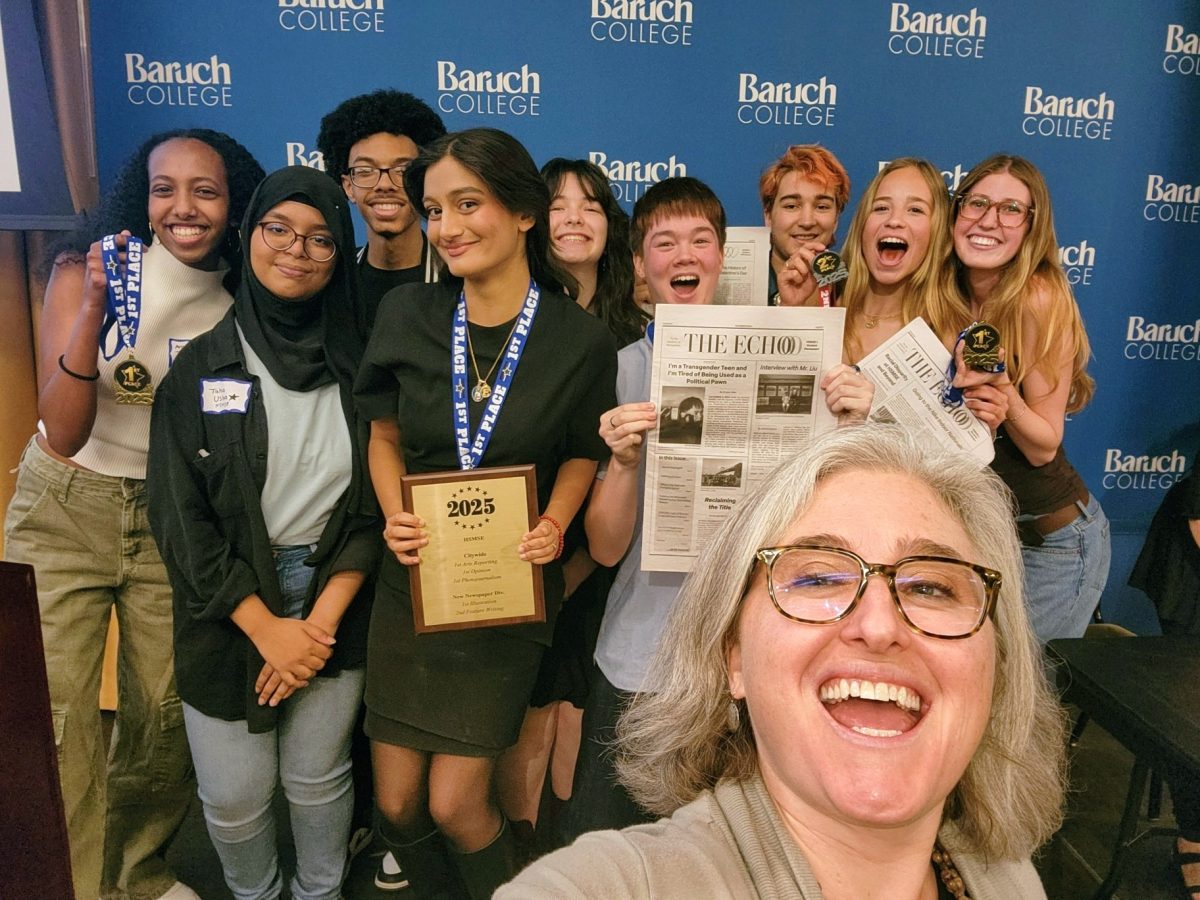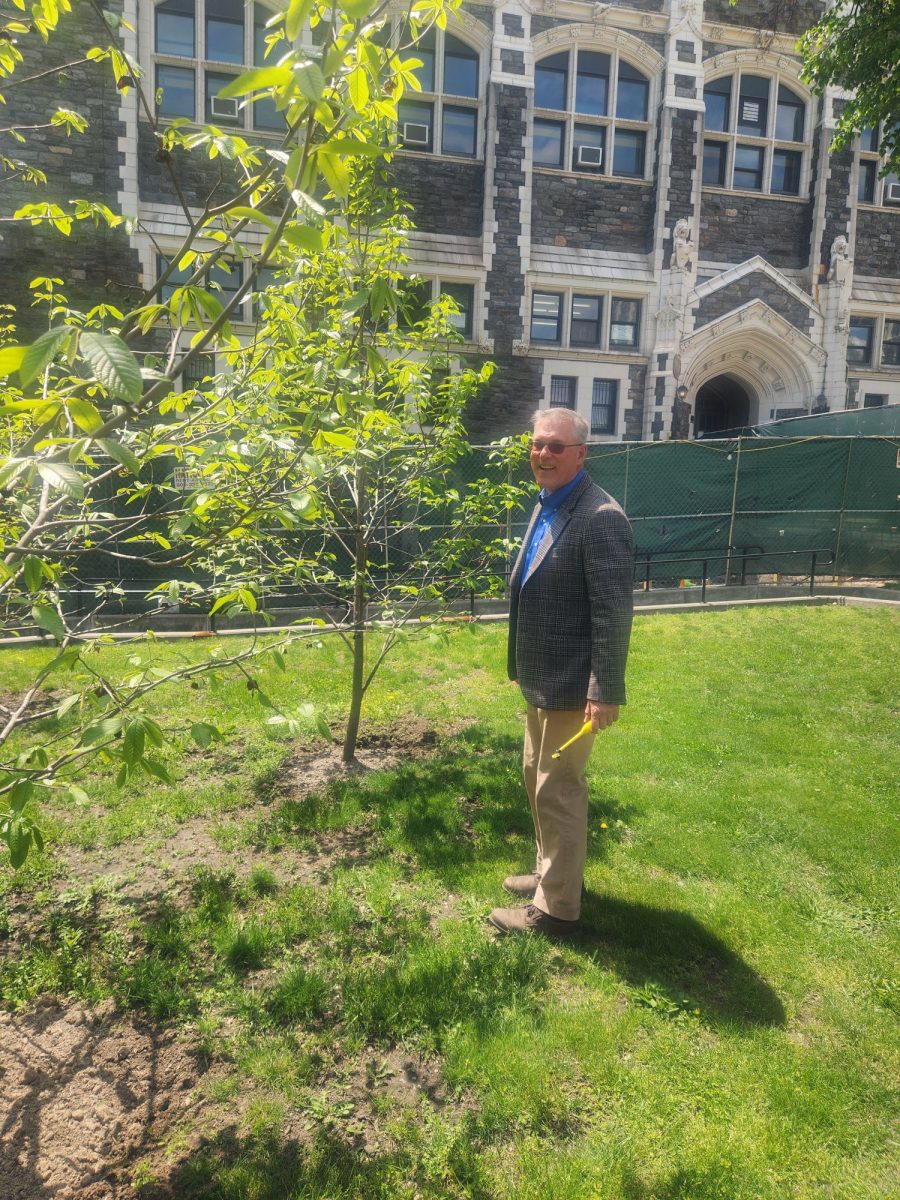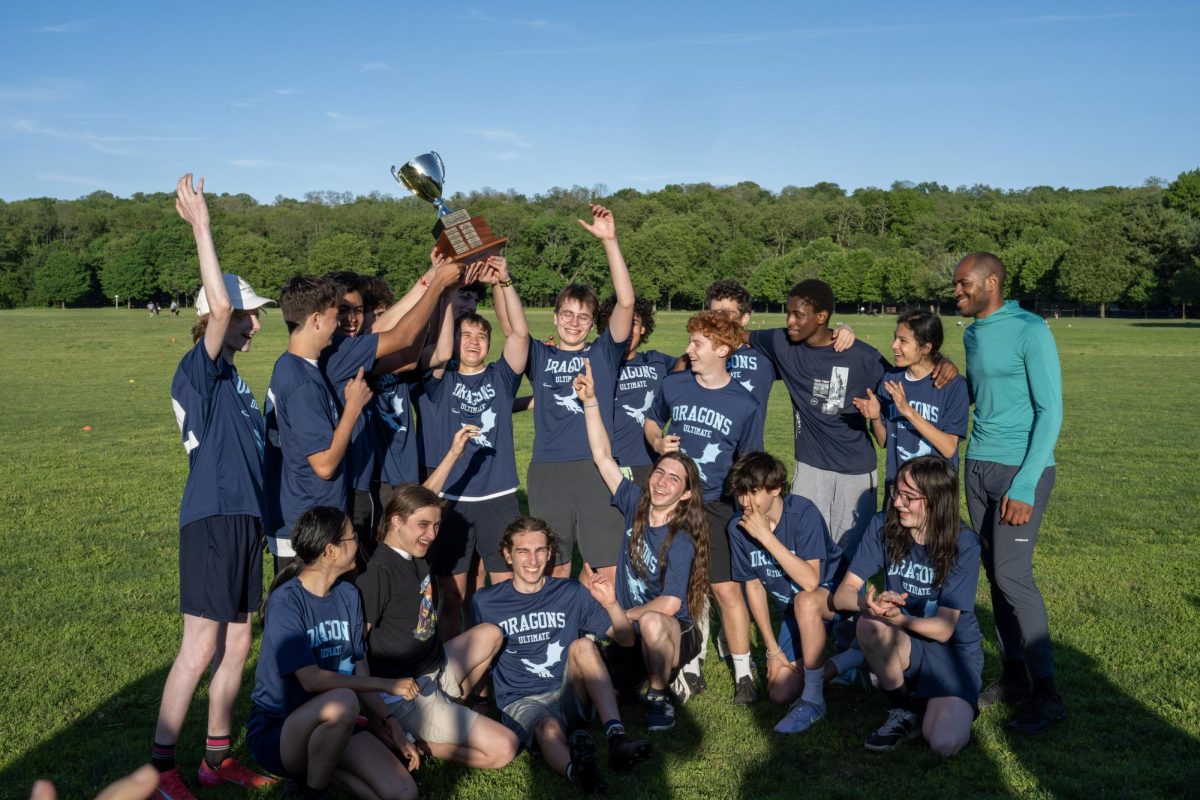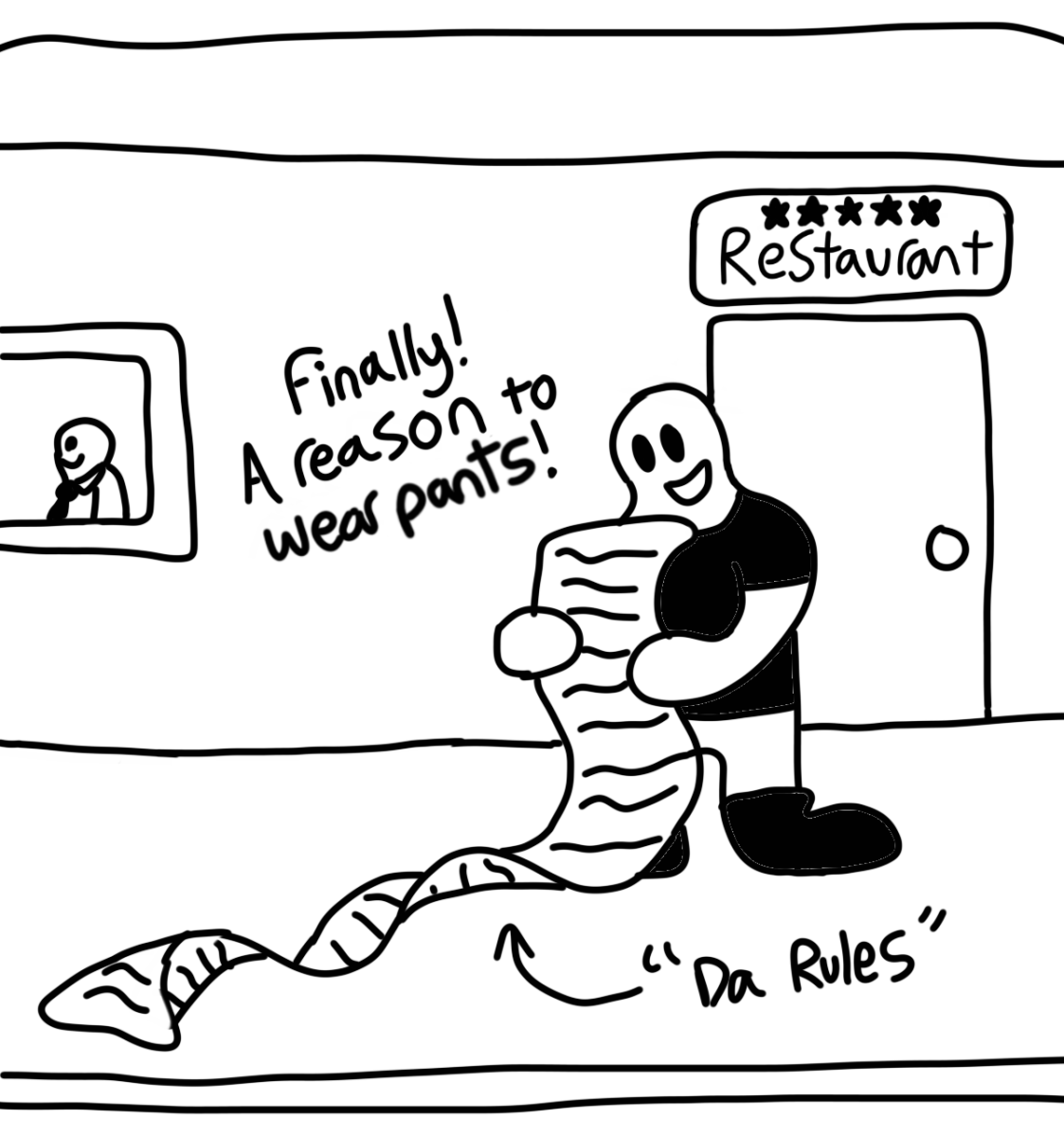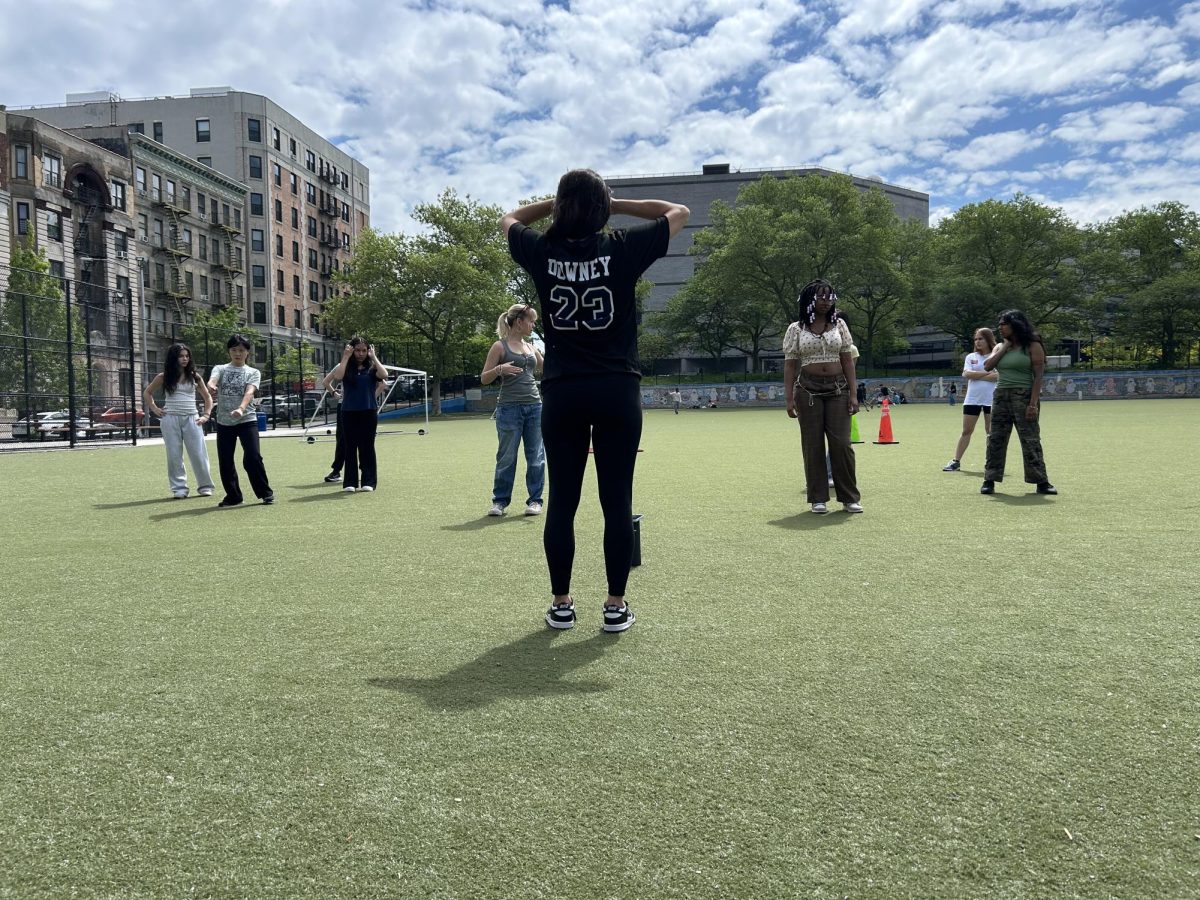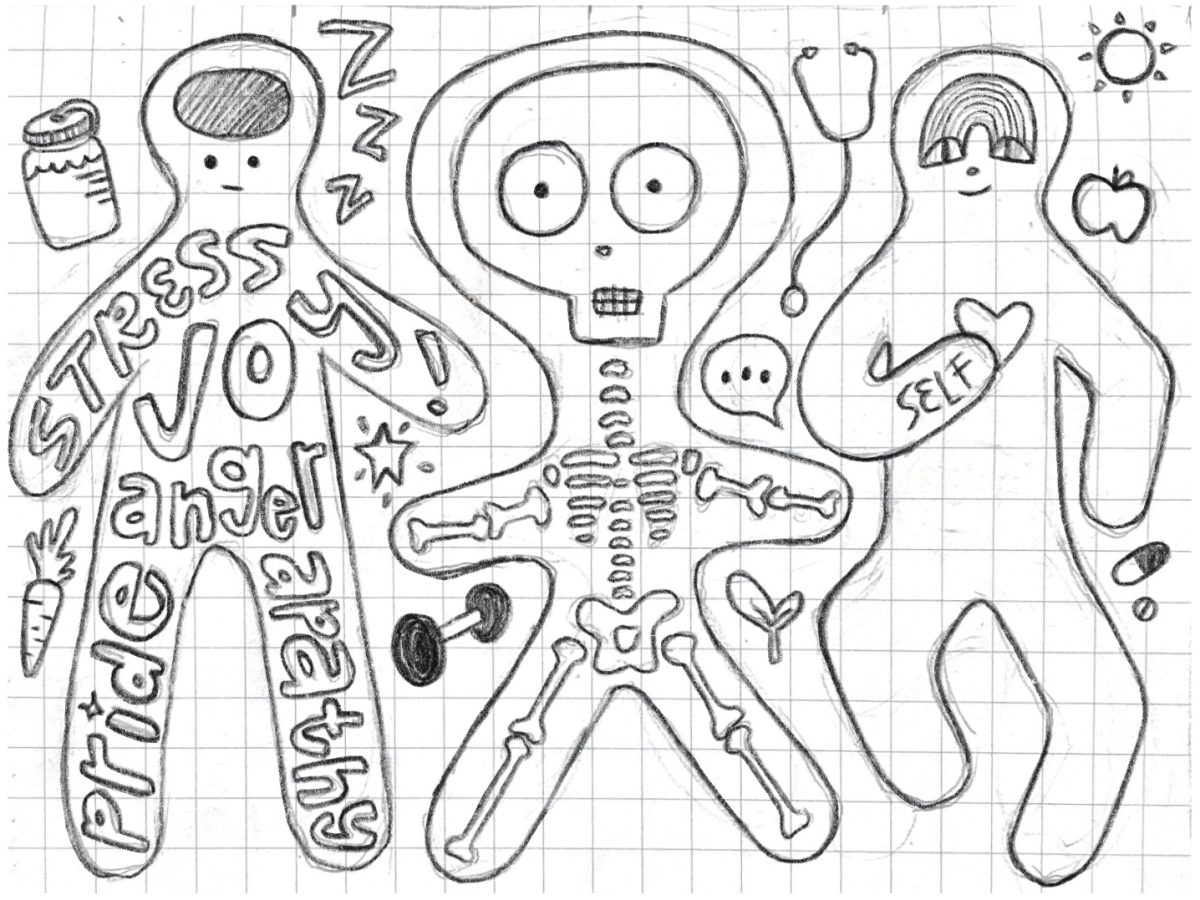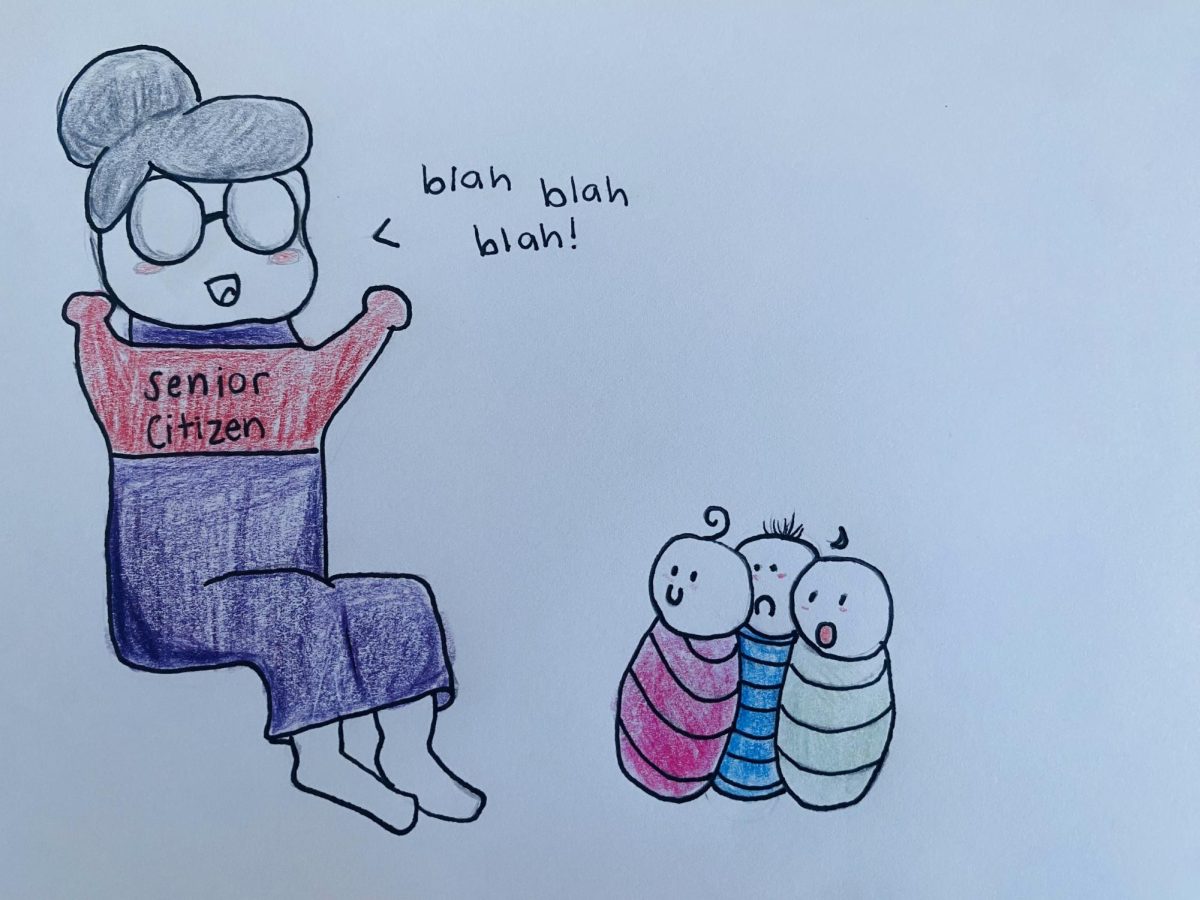Being a senior in high school is an emotionally confusing experience, at least for me. I am ready to move on from high school, but it’s also hard to leave HSMSE after being here every day for four years. Every time I see a junior, I want to lecture them about life one more time before graduating—I can’t help it. Since this will be the last issue of The Echo that the class of 2025 can participate in, I wanted to give us one more chance to share our wisdom on the college process.
You may have been told to start early, and that’s reasonable advice. There is a LOT of work that needs to be done in the first semester of senior year, so it’s important to plan your time well. However, that doesn’t necessarily mean you should do a ton of college work over the summer. When I was applying to colleges, I started with making a list of schools that I wanted to apply to and filling out non-essay information. I tried to write my essay over the summer, but that didn’t work well for me—I hadn’t really figured out the core of what I wanted to say, so I mostly spent the summer brainstorming. This experience was echoed by some of my peers: Rome Dimmick (’25) shared that he “started the essays in the beginning of the senior year, with a focus on my Common App essay … Personally, I found that the time I used gathering inspiration for the essays was just as, if not more important than, the time I used to actually write them. (THIS DOES NOT MEAN YOU SHOULD WAIT UNTIL ONE WEEK BEFORE THE DUE DATE!!)”
Rome brought up an important point: There’s a difference between procrastinating and gathering inspiration. Getting inspiration for essays (by using a notebook, a Google Doc, or verbal conversations) is an essential part of the writing process, even though it can feel unproductive. Procrastination, on the other hand, is really dangerous because of the sheer amount of work you’ll have to do and the high level of burnout experienced by first-semester seniors. Jayden Cedano (’25) wrote that procrastination in senior year had greater consequences than in junior year, and that ingrained work habits suddenly became problematic: “I got overwhelmed with writing and was not very organized through the college process, which profoundly affected my current mentality and work ethic. Now, when I have large projects, I try to get as ahead of them as I can, because if I can do the work now, I probably should.” Nicole Chen (’25) shared some helpful tips for organization: “I made it a habit to finish all of my work as soon as I [could] so I had the time to do other things… which ended up being college work. I do have a calendar and a board up right by my bedroom door [to write down reminders, which] helped me with scheduling. Also, check your emails—always check your emails: [They] will have important information. Use that star feature Gmail has.”
When it comes to the actual writing process, you’re likely going to need a lot of support. While many people—teachers, parents, and counselors—will give opinions on your writing, you absolutely must work to maintain your personal voice. Naomi Hernandez (’25) wrote that it’s important to “not get too much feedback on your work. Ironically, getting more and more voices in on YOUR paper will only make it harder for your own voice to take the spotlight.” She added that she “stopped caring about what other people said about my work and started caring about what I wanted to write about. I stopped thinking that my essay should be a certain way and give this air of ‘professionalism’ or convey someone that I am not.” Of course, people will often give you great writing feedback. Ms. Boylan’s advice really helped me with my essay, and Dylan Castillo (’25) agreed that it’s very important to “use your English teachers next year to the fullest extent. They are willing to help, and they want to help, so schedule appointments with them.” Just remember that you know yourself best—if you don’t like the way your essay comes across, listen to that feeling! Nasid Anowar (’25) advised that juniors should “Start early, but don’t be afraid to change what you write! As you edit your essay through the months at home, school, etc., you’re going to find that some parts of your essay just aren’t going to work. Don’t feel like you have to stick to one script!”
Essay writing is really frustrating and scary, in part because of how high the stakes are and how much we care about getting into the “best” school. Eva Lang (’25) suggested that applying to some schools with rolling deadlines helps with that stress: “Knowing that you are going someplace can reduce the stress of the process, and reduce the number of safety schools you have to apply to.” Speaking of safety schools, you should apply to some of them before applying to your reach schools. Anthony Diresta (’25) warned that seniors applying to college should “NEVER start with your number one school. Your essays develop so much the more you write them, and your first few applications will always be your worst.” I happen to agree—my early decision essays were so much worse than my regular decision essays, and I did not get into my early decision schools. But to be honest, it’s important to prepare for rejection no matter how much you like your essays. One of my favorite pieces of advice for juniors came from Naomi, who wrote, “I’d like to think that every college rejection is a blessing. It’s saving you from going to a place where you may not grow to be the person that you’re meant to be. Life doesn’t end when you get handed the big fat X. It starts with the greatest lesson life serves: adaptation.”
During the college process, you can’t afford to have your heart set on one school. And when it comes to the perceived “prestige” of certain colleges, you have to let that go. Rome wrote that “As far as admissions go, the best advice I can give is to be supportive of others. This year’s results broke a lot of expectations, good and bad, and some people may feel inclined to label themselves just based on the ‘merit’ of the college they got into. Make sure they know that’s not right.” Naomi also pointed out that you may be surprised by how many colleges you end up liking: “Try not to aim for only schools that sound nice on a LinkedIn profile. Try to check out schools in person and get a vibe for the community. You might just realize that the school you envisioned for yourself wasn’t meant for you, which could save you a lot of time and heartache in the future.”
At the end of the day, keeping an open mind will save you during this process, because you will almost certainly be rejected (I applied to eighteen schools, and got into five). That’s just the way it goes in a system where massive groups of qualified applicants all try to get into the same schools. Nicole urged current juniors to “Hope for the best, prepare for the worst. And be kind to yourself if it doesn’t go your way … don’t think about rank. Forget about it. Think about what you want from a college in terms of living there and education.” It is so, so important to be proud of yourself and think about the good parts of the schools you were accepted into, instead of comparing yourself to your classmates. Rome shared that “The biggest source of my stress was comparing myself to my peers in both the application process and in the results. I tried to base my progress off of my classmates’ progress and did not recognize that my best work is done far differently than other people’s.”
Seniors make the college application process sound scary, and it honestly is. Though I would argue that the first semester of senior year is not worse in terms of workload than the junior year AP season, there’s no denying that it’s a rough experience that leaves a lot of people overwhelmed. That makes it even more important to make time for fun and self-care, because that’s what will get you through to the other side. Anthony warned that the first semester is full of work, and he and his friends had to hold each other accountable as a group for finishing work. But, he said, “Never sacrifice fun. If I sacrificed every Friday and Saturday night I would have crashed. Breaks are very important.” Jayden added that while he spent a lot of time on his phone during the college process, he has since found more rewarding hobbies: “After the fact, I’ve started doing guided meditations and given myself distinct time to do calming activities that are not classwork, extracurricular work, or phone time. Having dedicated me time to work out, paint, or hang out with friends and family is very calming and helps me focus on work when I have work time.”
I highly recommend following Jayden’s advice to make time for yourself. I was very, very busy during the college application season, but continuing to consistently train karate and jiu-jitsu kept me afloat during all of the hardest parts of the process. Even though it felt like I didn’t have time for that, I knew that I couldn’t get through the semester without it. Nicole shared that she “cried a lot… But I had sisters who went through the college process and who genuinely believed in me. In addition, everyone around you is also dealing with the process so it’s a lot of solidarity amongst your peers. But know when you entertain yourself: A funny video or two is never harmful. Or a game of Roblox. Anything really goes as long as you’re keeping yourself from not wanting to implode.”
So, juniors, it’s time to start applying to colleges. I’m aware that you are already hearing tons of conflicting advice from parents, teachers, and counselors. But advice from current seniors can be both comforting and useful, especially since they were just in your place. As we near the end of the school year (and the end of this article), I have just two more pieces of advice for you:
- From Jayden Cedano: “Remember that everything will be okay.”
- From Anthony Diresta: “All it takes is one school.”








